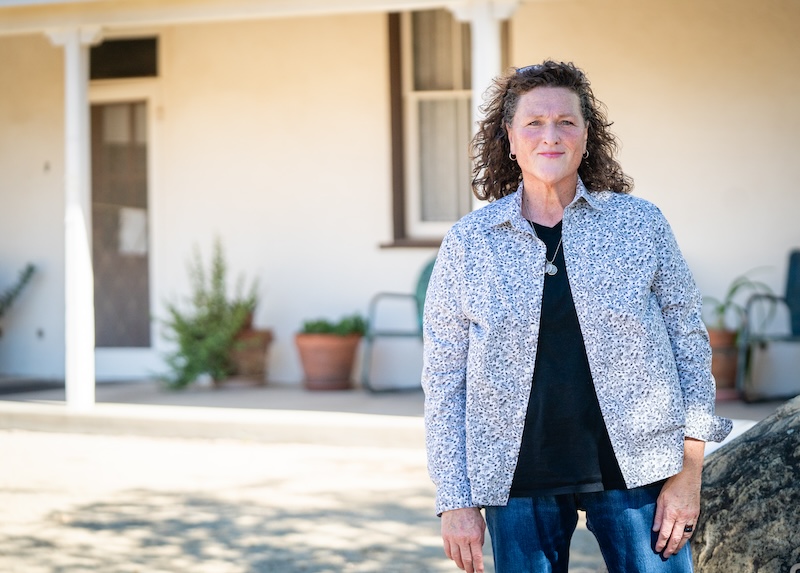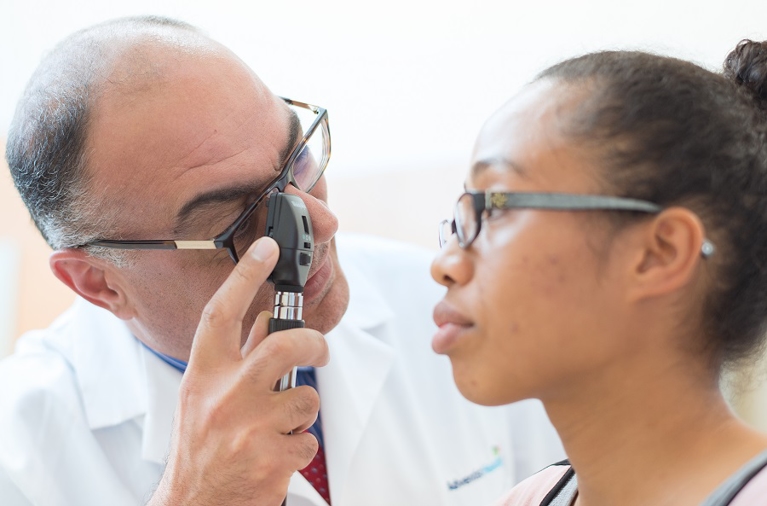Weight-Loss Drugs or Surgery?
Sep 9, 2024

How medical options improve outcomes
Would losing a lot of weight boost your health? Have you struggled to find success with diet and exercise alone? If so, you may wonder about medical options like weight-loss drugs or surgery.
These treatments can bring positive results, and it’s important to carefully consider each one. That’s because success usually comes from a combination of strategies, says Jill Welshans, ACNP, board-certified nurse practitioner specializing in bariatric surgery at Adventist Health Portland.
“Diet and exercise generally help people lose 5% of their total body weight. Medications can achieve 5–20%, and surgery can achieve 20–50% of total body weight loss,” Jill explains. “It all depends on where someone is starting from and their specific goals.”
When weighing medical options, Jill suggests discussing the following in more depth with your doctor.
Prescription drugs
Several medication options are available. Some are taken orally, and others, including semaglutide (Ozempic, Wegovy), tirzepatide (Mounjaro, Zepbound), are given by injection.
Some medications help you feel less hungry or full sooner. Others may make it harder for your body to absorb fat from the foods you eat.
“These medications appear to be safe and are more effective than any prior medication option,” Jill says. “They are not recommended for patients who are or may become pregnant.”
Things to keep in mind when considering weight-loss medications include:
- Medications are expensive, and not all insurance companies cover them for weight loss.
- Weight gain may return when medication is stopped. In order to sustain weight loss, patients may need to take medication for life.
Bariatric surgery
Weight-loss surgery options include gastric sleeve and gastric bypass. Gastric sleeve surgery reduces the size of your stomach to lower food intake. It also reduces hunger signals to your brain. Gastric bypass routes food around most of your stomach. You become full with smaller meals, and your body absorbs fewer calories.
“Surgery is easier and safer than ever,” Jill says. “It is a great next step for patients who are looking for additional weight loss beyond what is possible with medications.”
Jill reminds patients:
- Eating the right foods and portions plays a big part. Sticking with a nutrition plan is key for overall success.
- Surgery is a bigger intervention compared to medication, but it’s a one-time event with lasting results.
Finding the best match for you
As Jill points out, obesity is a complex condition often linked to other health concerns. But as people achieve weight loss, other medical problems often resolve too. Finding meaningful solutions can give you a lifetime of benefits.
To discover a weight-loss plan that best suits your unique health needs and goals, talk with your provider and ask for a referral to acomprehensive obesity and metabolic centersuch as the program at Adventist Health Portland. These centers offer expertise from a team of providers trained in the latest and most effective treatments.
Meet our team onlineor call us at503-256-1575for information or an appointment.


